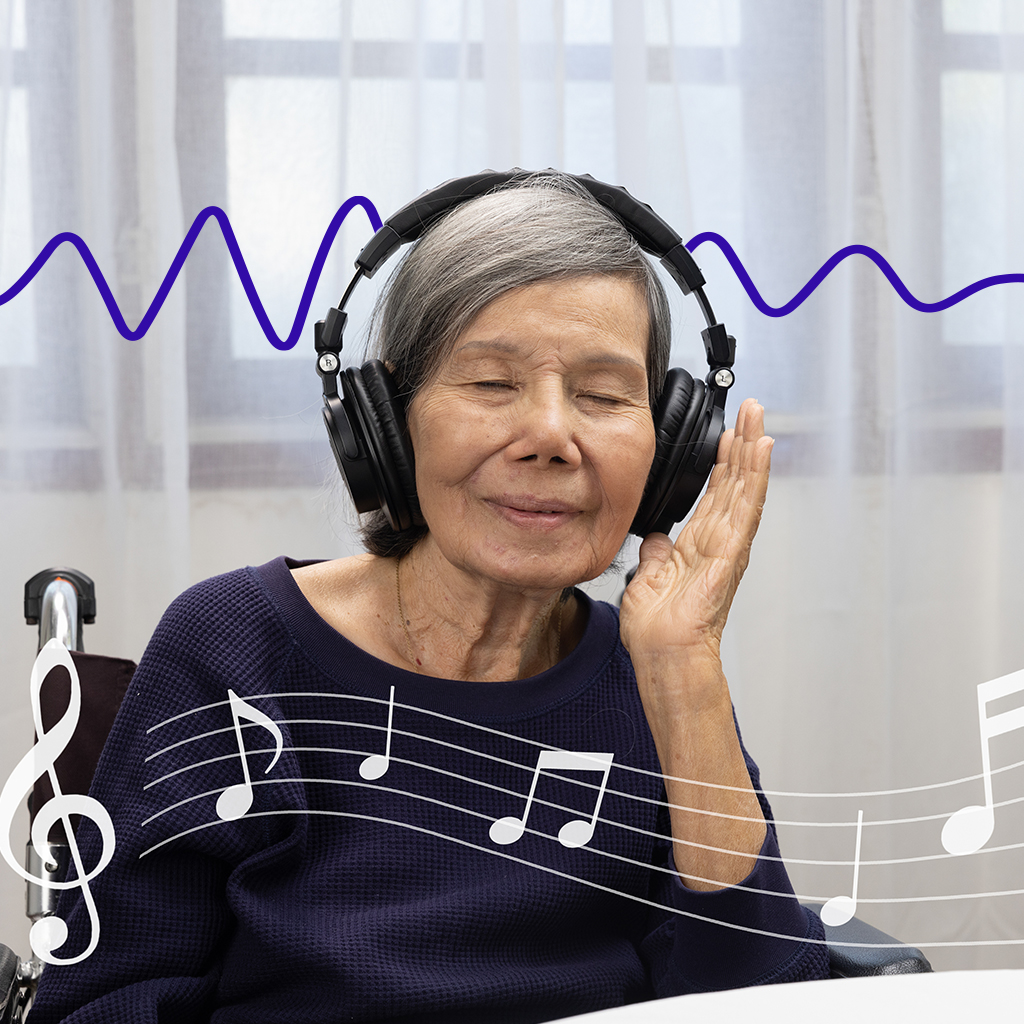- Personalization of Music Therapy:
Music therapy is most effective when it is tailored to the individual’s musical preferences. Choosing music that the patient enjoys can significantly enhance the therapeutic effects.
- The Role of Familiarity:
Familiar music might enhance the therapeutic experience, but new music that resonates with the individual can also be effective. It’s important to consider both familiar and unfamiliar music that the patient enjoys.
- Potential of Music in Emotional and Mental Health:
Music therapy engages brain structures related to emotional processing, making it a valuable tool for treating mental health conditions like depression.
- Limitations and Further Research:
The study’s limitations, including its small sample size and lack of diversity, highlight the need for further research. More studies are required to generalize the findings across different cultural contexts and broader populations.
- Expanded Contexts for Music Therapy:
Future research should explore different contexts of music therapy, such as the impact of listening alone versus with others, and the differences between live and recorded music. This could provide deeper insights into how music therapy can be effectively applied in clinical settings.
This holistic approach—combining diet, movement, and brainwave entrainment—provides a powerful framework for managing and overcoming depression. By engaging the brain on multiple levels, we can create lasting changes that support overall well-being.
If you’re interested in exploring how these three pillars of brain fitness can be tailored to your mental health journey, I invite you to learn more at[BrainTap](http://www.braintap.com) or reach out to us at BrainTap.
Together, we can create a personalized plan that taps into the full potential of your brain, paving the way for lasting wellness.
Authored by Dr. Patrick K. Porter, PhD, Founder & CEO of BrainTap.



